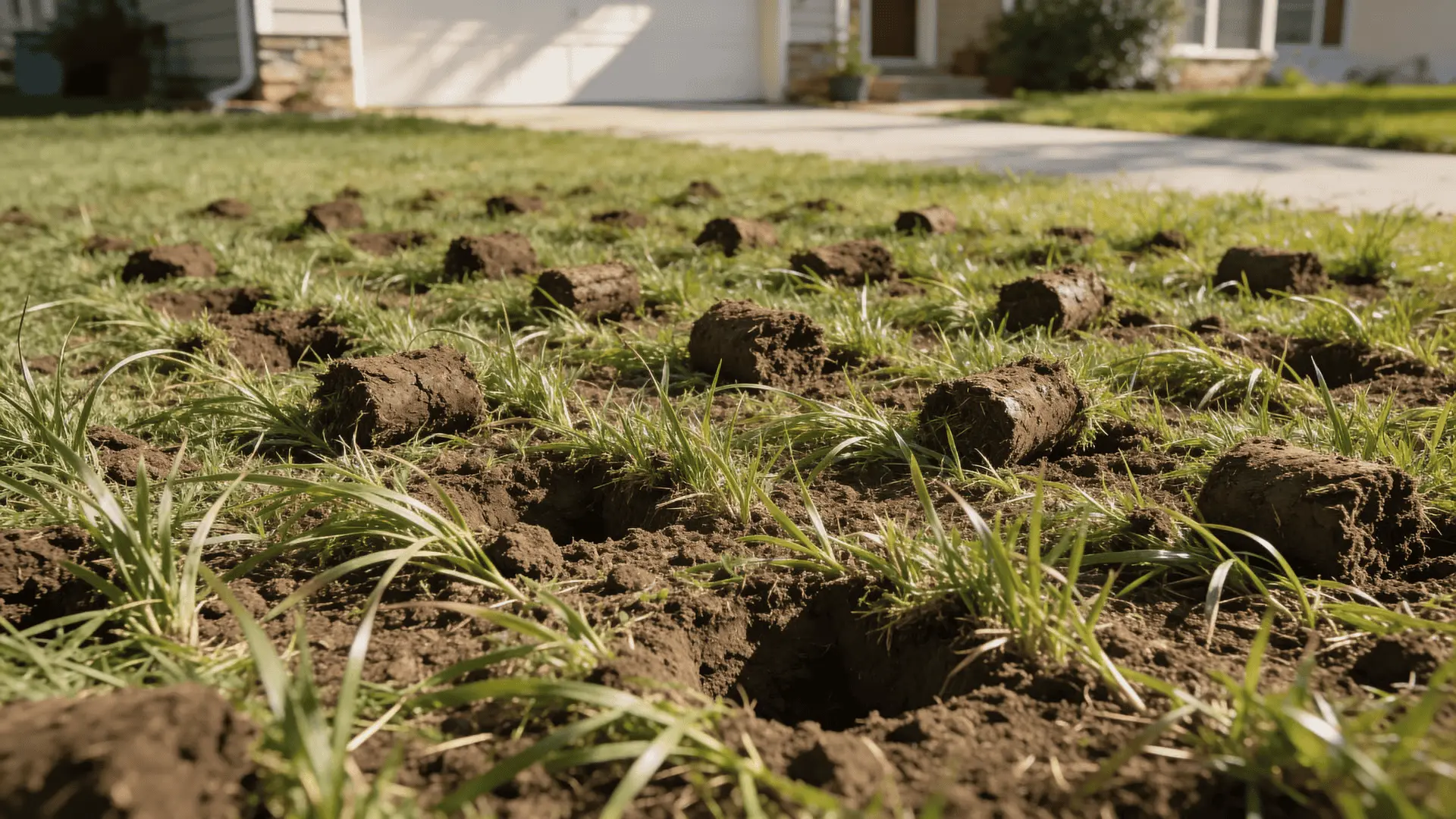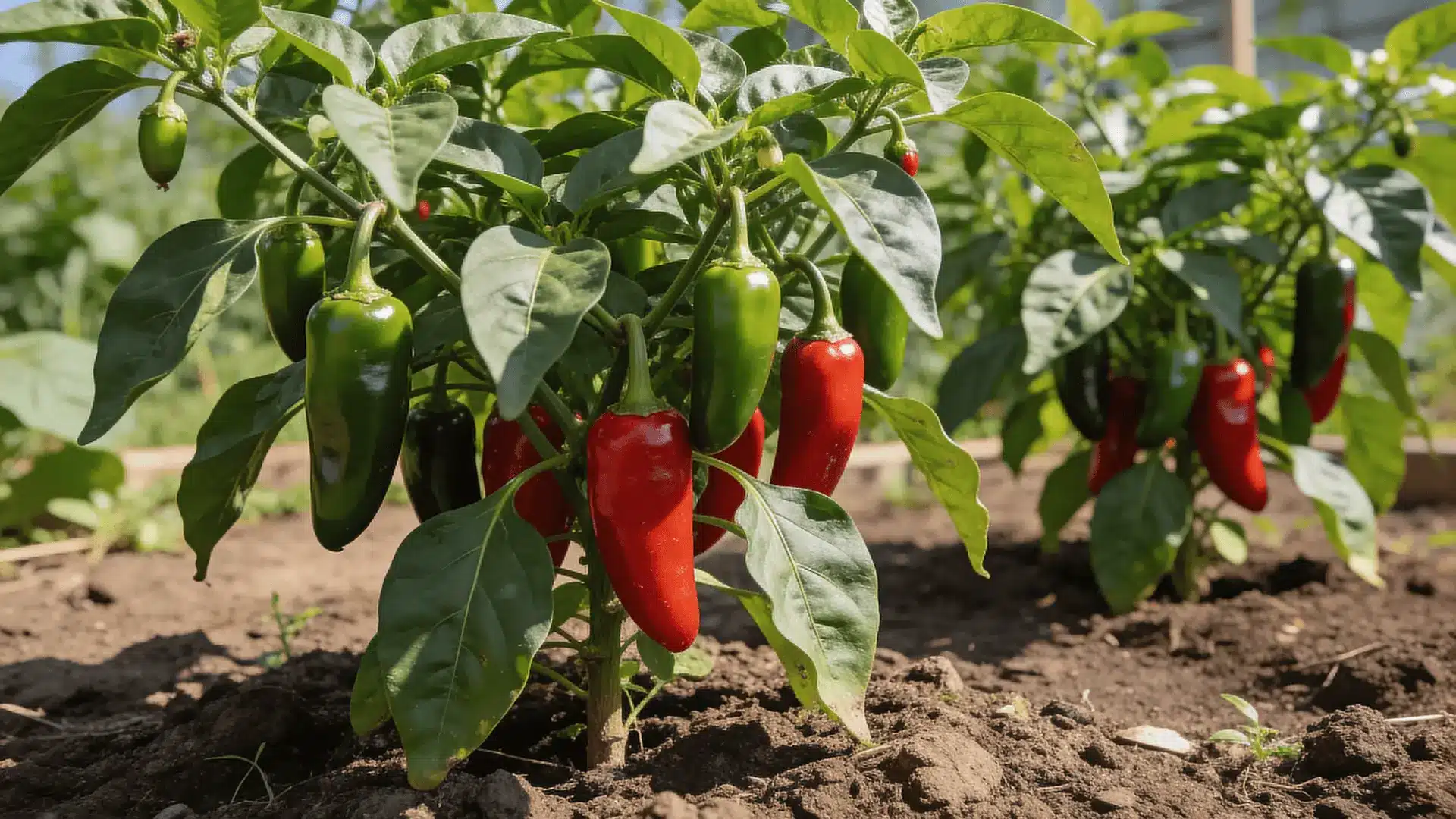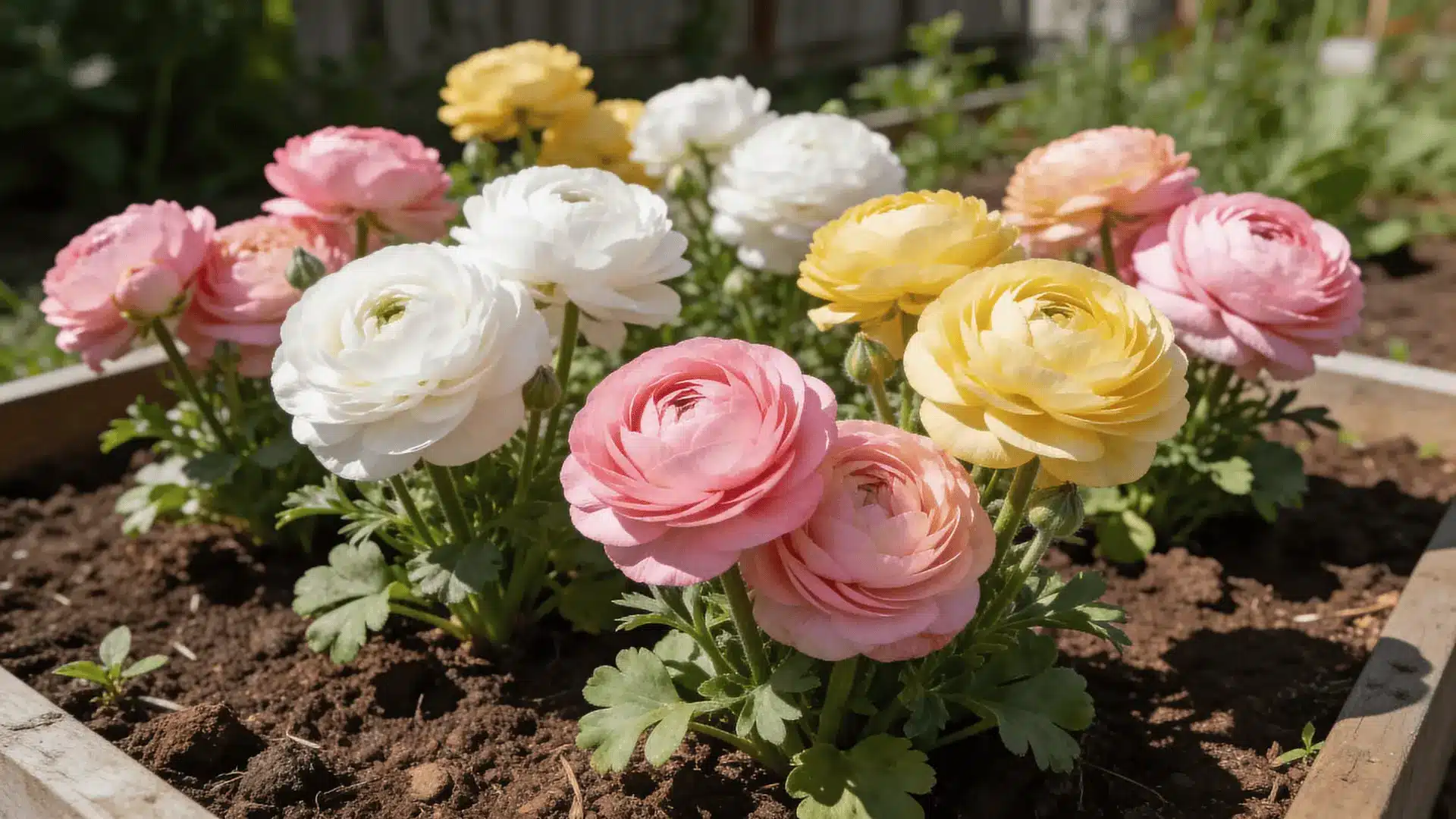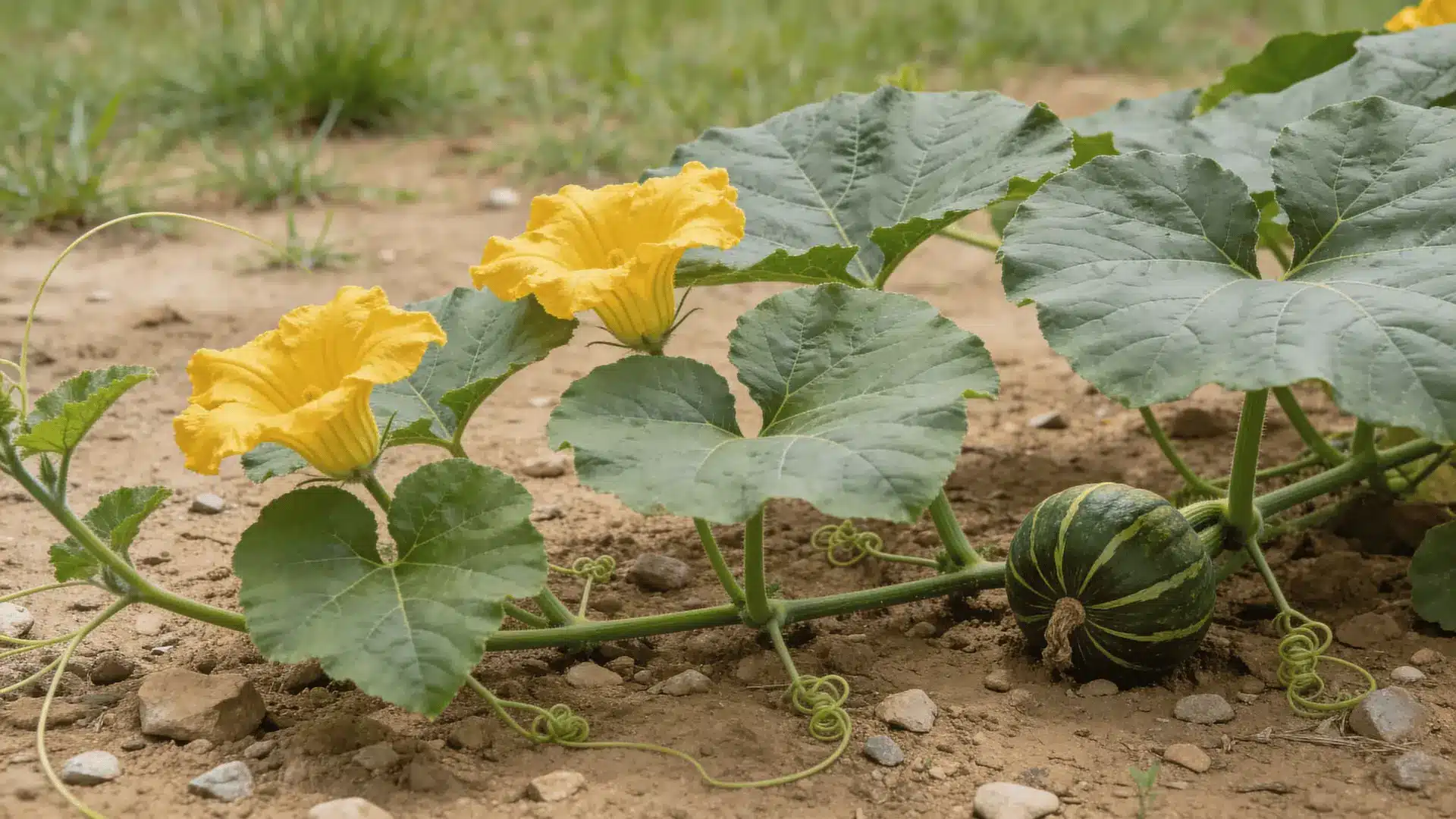Hot water is one of those everyday luxuries we don’t think much about—until we suddenly don’t have it. Whether it’s morning showers, weekend dishwashing marathons, or endless laundry loads, hot water keeps the household running smoothly. But to keep things comfortable, efficient, and cost-friendly, you first need to know how big your hot water system should be based on your family’s usage.
Properly estimating your hot water needs is one of the easiest ways to save money, reduce energy use, and ensure everyone gets the warm showers they deserve. Heating only the water your family will actually use means lower utility bills and fewer surprise cold showers. Plus, being smart about your hot water consumption is great for the environment—less wasted energy means a smaller carbon footprint.
Because every household uses hot water a little differently, several factors—like family size, lifestyle, and appliances—come into play. This guide breaks down all the essentials so you can confidently plan and manage your home’s hot water needs.
Assessing Your Current Hot Water Consumption
Before planning upgrades or shopping for new systems, it helps to take stock of your current hot-water habits. In most homes, the biggest hot-water hotspots (no pun intended) are:
- Showers
- Laundry
- Dishwashing
Of course, how much water each of these uses can vary quite a bit depending on household size and daily routines.
Tracking Your Hot Water Use
If you want a solid estimate—not just a guess—there are a couple of easy ways to monitor usage. Many homeowners install water flow meters or smart water monitors, which offer real-time data and tracking over days or weeks. Seeing patterns over time helps you adjust heater settings or habits more accurately.
Even jotting down family habits for a week helps—just remember to watch out for common miscalculations. For example:
- That “quick five-minute shower” may actually be closer to twelve.
- Laundry piles up faster for families with young kids.
- Running your dishwasher half-full still counts!
When Does Your Household Heat Up?
Most families see their peak usage first thing in the morning or early evening. Kids take showers, dishes are washed, and laundry runs—often all around the same time. Knowing when your household uses the most hot water helps when you’re trying to figure out how big your hot water system should be or what type works best.
Key Factors Affecting Hot Water Requirements
No two homes are exactly alike, and hot water demand can change based on numerous factors. Family size and lifestyle are the primary considerations. A large family with young children will likely use more hot water than a couple living alone. Similarly, people who work from home might require more hot water throughout the day compared to those who are away during work hours.
Climate and geographic location also impact water heating needs. In colder climates, water heaters must work harder to maintain consistent temperatures. By contrast, those living in warmer regions might find their water doesn’t need as much heating, reducing overall energy consumption.
The types of appliances and fixtures can either increase or decrease hot water usage. Energy-efficient models, such as front-loading washing machines or low-flow showerheads, significantly reduce consumption. Evaluating the energy ratings and water efficiency of household appliances provides a clearer picture of how they affect overall consumption.
Finally, seasonal variations can affect hot water usage. Winter months typically see a spike in demand as people take longer, hotter showers and run hotter laundry cycles. Recognising these seasonal patterns can be useful as you adjust your hot water heating settings throughout the year.

Calculating Hot Water Needs for Different Family Sizes
Time for some basic math. Estimating hot water needs for varying family sizes involves general guidelines that can be fine-tuned for precision. Estimated guidelines suggest that a typical household of four uses roughly 500 litres of hot water a day. That’s a ballpark, of course—actual numbers depend on habits, appliance efficiency, and showers vs. baths.
To get more precise numbers, several online calculators allow you to plug in variables like:
- Number of showers taken daily
- Shower length
- Daily laundry loads
- Dishwasher use
- Average seasonal temperatures
They’ll give you a tailored estimate that helps you size your system more accurately.
Adults vs. Children
Kids often require more hot water for baths. Adults might use more for laundry. Either way, it’s a balancing act, so having a system that can support mixed needs keeps everyone happy.
Adjusting for Guests
If you often have family or friends visiting, expect hot-water demand to jump. This is a great reason to size up slightly so that an extra visitor doesn’t turn someone’s morning shower into a polar plunge.
Taking the time to understand these variables can significantly improve the accuracy of your estimates.
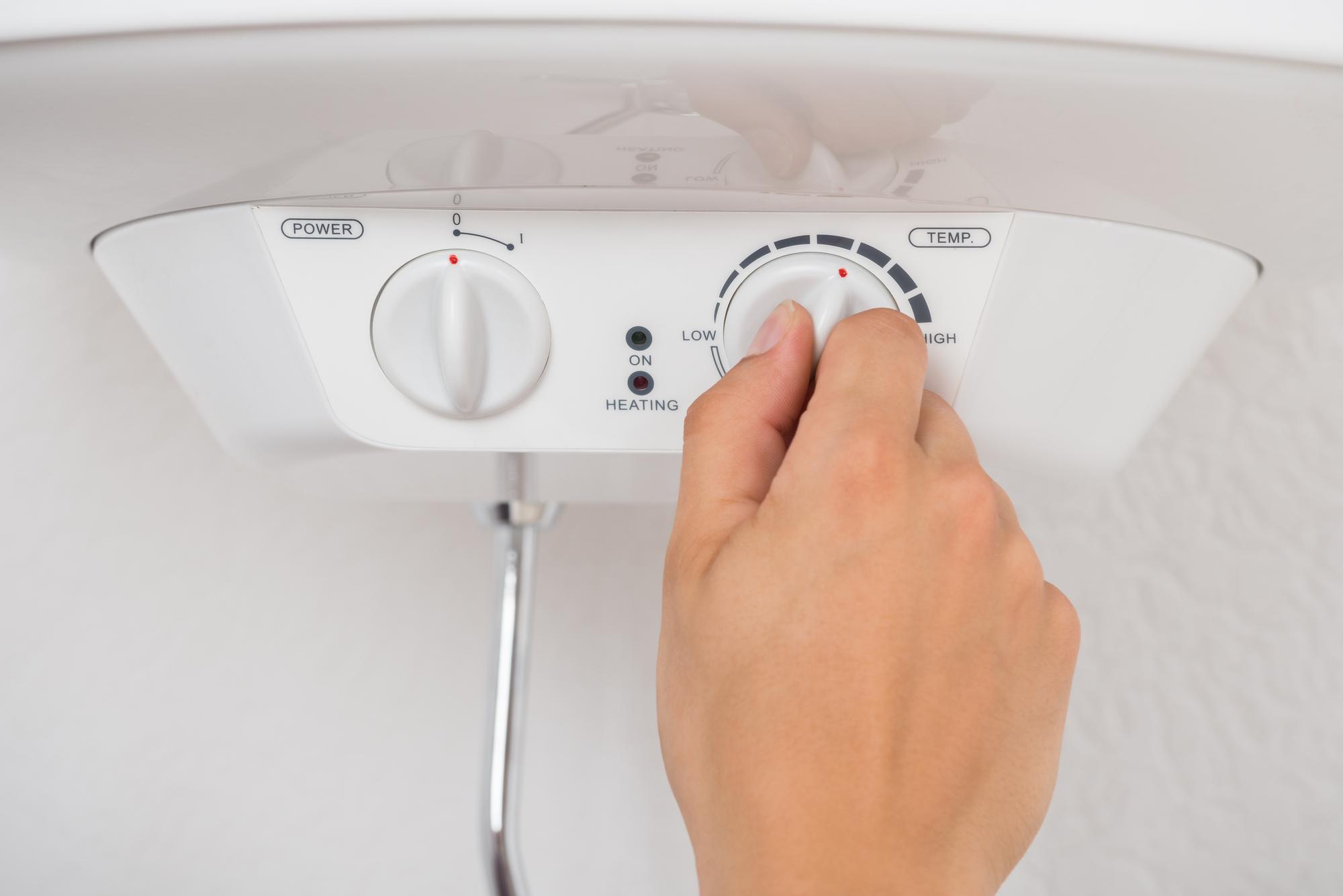
Choosing the Right Water Heating System
With a clear understanding of your hot water needs, you can choose the most appropriate heating system. Various options are available, each with its own set of benefits. Traditional tank-style heaters store a limited amount of hot water, suitable for smaller families. On the other hand, tankless systems provide hot water on demand and are more energy-efficient, ideal for larger households with fluctuating needs.
Solar water heating systems offer a sustainable option, harnessing the sun’s energy to heat water. Although they may require a higher initial investment, their operating costs are significantly lower, making them attractive for environmentally conscious families. Then there are hybrid systems, combining electric and heat pump functionality to maximise efficiency.
Energy efficiency is an essential consideration when selecting a water heating system. Energy Star ratings and similar certifications can guide you to make informed decisions. Additionally, long-term cost analysis based on usage should not be overlooked. Calculate potential savings from energy-efficient models against traditional systems to determine what’s cost-effective in the long run.
Tips for Optimising Hot Water Usage
Once your hot water needs and system are sorted, there are numerous ways to optimise usage further. Practical conservation tips can be simple yet effective. Reducing shower times, washing clothes in cold water, and ensuring dishwashers are fully loaded before running can markedly reduce overall consumption.
Regular maintenance and system checks are crucial. These checks ensure that the water heating system is functioning optimally, thus extending its lifespan. Also, they help in avoiding unexpected energy spikes often caused by faulty units.
Technology and smart devices play a pivotal role in monitoring and managing hot water usage. Smart thermostats and water sensors can adjust heating times and settings based on real-time demand, providing further savings.
Upgrading to updated fixtures can also make a difference. Low-flow showerheads, aerated faucets, and insulated piping reduce heat loss and water usage significantly. When combined, these measures paint a larger picture of conserving resources while maintaining comfort.
Wrapping Up: Choose Smart + Stay Comfortable
In the end, estimating your family’s hot water needs is about more than keeping the shower toasty. It’s a blend of understanding your household habits, appliances, and lifestyle—and then choosing a system that supports it all efficiently.
Whether you’re trying to lower your energy bill, keep sudsy showers cozy, or reduce your environmental impact, it starts with answering one important question: How big should your hot water system be? Understanding the answer helps you save money, boost comfort, and support sustainable living.
Ready for an upgrade?
If you’re planning a renovation, replacing an old heater, or trying to scale your system to match a growing family, now’s the perfect time to assess your hot water needs. Reach out to a hot-water specialist near you—they can help you size your system properly so your family stays warm and worry-free all year long.
Warm showers ahead!




